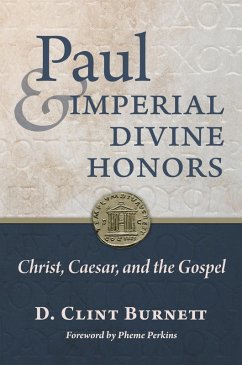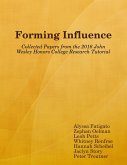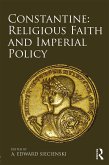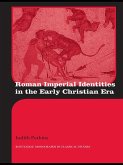How did the imperial cult affect Christians in the Roman Empire? "Jesus is lord, not Caesar." Many scholars and preachers attribute mistreatment of early Christians by Roman authorities to this fundamental confessional conflict. But this mantra relies on a reductive understanding of the imperial cult. D. Clint Burnett examines copious evidence-literary, epigraphic, numismatic, and archaeological-to more accurately reconstruct Christian engagement with imperial divine honors. Outdated narratives often treat imperial divine honors as uniform and centralized, focusing on the city of Rome. Instead, Burnett examines divine honors in Philippi, Thessalonica, and Corinth. While all three cities incorporated imperial cultic activity in their social, religious, economic, and political life, the purposes and contours of the practice varied based on the city's unique history. For instance, Thessalonica paid divine honors to living Julio-Claudians as tribute for their status as a free city in the empire-and Christian resistance to the practice was seen as a threat to that independence. Ultimately, Burnett argues that early Christianity was not specifically antigovernment but more broadly countercultural, and that responses to this stance ranged from conflict to apathy. Burnett's compelling argument challenges common assumptions about the first Christians' place in the Roman Empire. This fresh account will benefit Christians seeking to understand their faith's place in public life today.
Dieser Download kann aus rechtlichen Gründen nur mit Rechnungsadresse in A, B, BG, CY, CZ, D, DK, EW, E, FIN, F, GR, HR, H, IRL, I, LT, L, LR, M, NL, PL, P, R, S, SLO, SK ausgeliefert werden.









